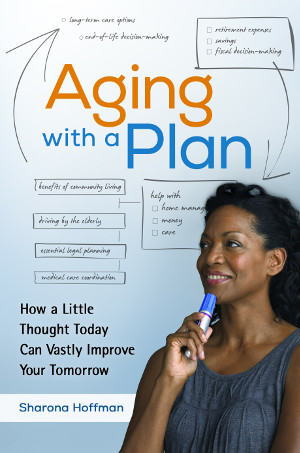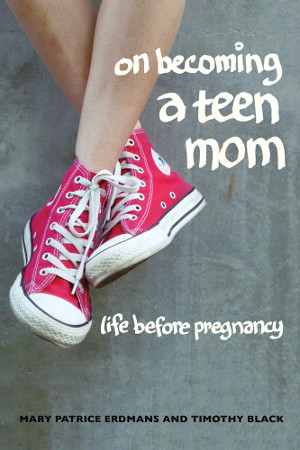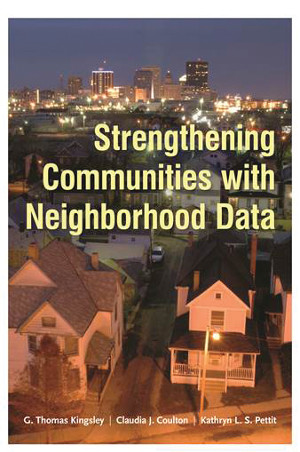launch
SHELF LIFE

Coal & Empire: The Birth of Energy Security in Industrial America by Peter Shulman, PhD, associate professor of history (Johns Hopkins University Press). American development of coal-fired steam engines in the 19th century presented new advantages and problems for foreign relations, leading to more powerful ships, geological exploration and new ideas for waging war. The United States took on an expanded global role that made clear that coal—and later, oil—were essential components of national security. This history, according to Shulman, suggests the U.S. will remain entangled in the geopolitics of energy so long as it engages with the world.

Aging with a Plan: How a Little Thought Today Can Vastly Improve Your Tomorrow by Sharona Hoffman, JD, Edgar A. Hahn Professor of Law, professor of bioethics and co-director of the university's Law-Medicine Center (Praeger). Hoffman delves into the tasks of growing older and caring for elderly relatives. The book includes both research analysis and Hoffman's personal experiences and serves as a guide to building sustainable financial, legal, medical and social support systems. Each chapter ends with a preparedness checklist to ready readers for successful aging and caregiving.

On Becoming a Teen Mom: Life Before Pregnancy by Mary Patrice Erdmans, PhD, associate professor of sociology, and Timothy Black, PhD, associate professor of sociology (University of California Press). The perpetuation of negative stereotypes of teenage mothers led the authors to describe the pre-pregnancy backgrounds of 108 teen mothers in Connecticut, including accounts of sexual abuse, partner violence and school failures. Through a focus on race, gender and class inequalities, the authors show how early childbearing can be rooted in structural social problems.

Gamelife by Michael Clune, PhD, professor of English (Farrar, Straus and Giroux). Clune shares his experiences as a boy exploring the world through early computer games—from learning to navigate his hometown streets with the help of a map-based game, to navigating his parents' divorce aided by a spaceflight simulator.

Strengthening Communities with Neighborhood Data by Claudia J. Coulton, PhD, Distinguished University Professor and Lillian F. Harris Professor of Urban Research and Social Change; G. Thomas Kingsley, a senior fellow at the Urban Institute; and Kathryn L.S. Pettit, a senior research associate in the Metropolitan Housing and Communities Policy Center at the Urban Institute (Urban Institute). Usable data on problems in urban neighborhoods only came along in the 1990s, when automated government records and geospatial information systems converged, allowing for analysis to help shape public policy. Coulton (GRS '78, social welfare) and her colleagues show how data have driven initiatives by government and nonprofits.






